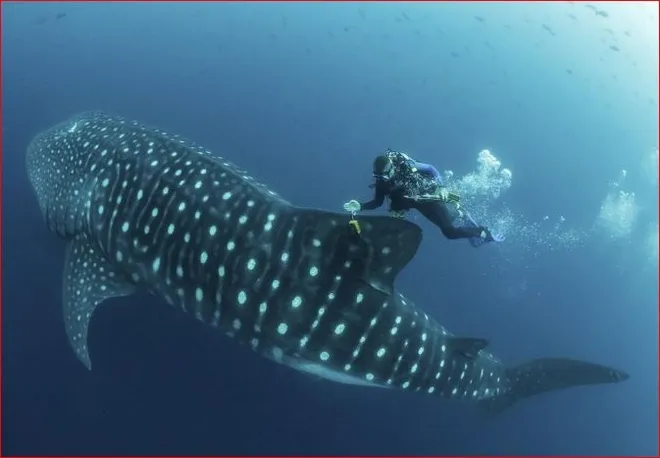Amnesty International concerned about excessive force

Amnesty International (AI) again expresses concern about "the possible use of excessive force" by Panamanian security forces in demonstrations in 2012, in which several people were killed or injured.
In its annual report on the state of human rights in the world last year, presented in London on Wednesday April 22 .
AI denounces the death of two Indians and the wounding of about 40 people, including two policemen, in January and February during an Ngobe-Bugle protest.
According to the NGO protests weresparked by a proposed law that facilitated companies building hydroelectric projects on their land.
According to the AI report, police used tear gas near medical facilities and refused detainees access to legal counsel.
In February, the UN Special Rapporteur on indigenous peoples urged the Panamanian government to enter into dialogue with the affected Ngobe-Bugle and investigate the circumstances of the deaths and ensure that those responsible were held accountable.
Amnesty International also highlighted the deaths of three people, including a nine year during the protests in October in Colon, against the proposal to sell public land in the Free Zone.
AI claims that the authorities failed to ensure effective investigations or accountability of those responsible for the deaths of protesters.
The report also includes the Amnesty International pushing initiatives to ensure justice for victims of human rights violations committed during the military governments (1968-1989).
In January, the National Commission was established Special charge to help locate and identify the remains of victims of enforced disappearance.
The Truth Commission, which submitted its report in 2002, had estimated that 207 people had been victims of enforced disappearance and murder during military rule.
Manuel Noriega, head of state from 1983 to 1989, was extradited from France in 2011, and remains in custody pending trial last year on charges of human rights violations, including extrajudicial executions.





